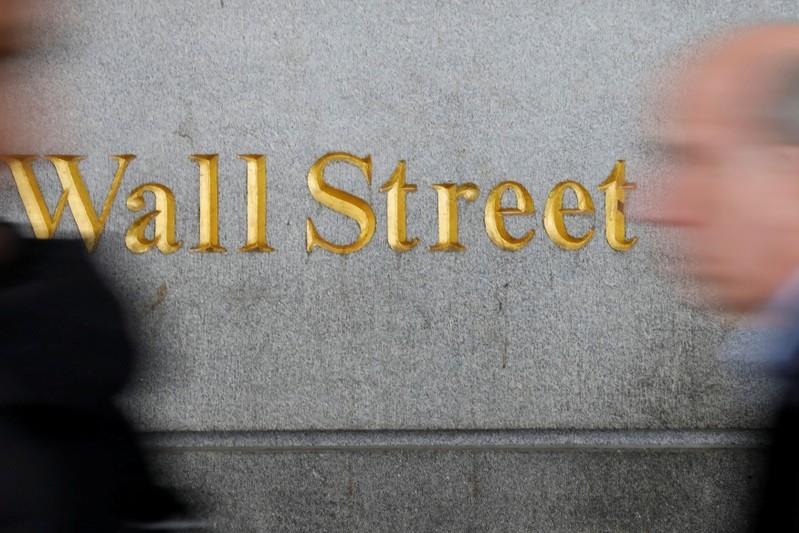By April Joyner
NEW YORK (Reuters) - The S&P 500 and the Dow Jones Industrial Average fell more than 1 percent on Tuesday as political turmoil in Italy sparked concerns about the stability of the euro zone.
Italy has been unable to assemble a coalition government since inconclusive elections in March, which saw the rise of anti-establishment parties that support leaving the euro. The most recent nominee for prime minister failed to secure support from the country’s major political parties.
The political crisis in Rome, and the threat to the euro project it represents, triggered a rush to traditional safe havens like U.S. debt, pulling down U.S. 10-year bond yields and in turn spurring losses for U.S. banks.
The market’s main measure of short-term volatility, the CBOE Volatility index <.VIX>, spiked to its highest level since April 25.
“The direct connection between the Italian government and the S&P 500 is tenuous, but it indirectly reminds people of geopolitical uncertainty,” said Ed Keon, chief investment officer of QMA in Newark, New Jersey.
The Dow Jones Industrial Average <.DJI> fell 376.91 points, or 1.52 percent, to 24,376.18, the S&P 500 <.SPX> lost 30.88 points, or 1.13 percent, to 2,690.45 and the Nasdaq Composite <.IXIC> dropped 36.31 points, or 0.49 percent, to 7,397.54.
Impact Shorts
More ShortsShares of large U.S. banks were also pressured by downbeat guidance from JPMorgan Chase & Co and Morgan Stanley. JPMorgan’s corporate and investment bank chief said his bank’s second-quarter markets revenue would be flat compared with a year earlier. The co-head of Morgan Stanley’s wealth management division said revenue growth slowed in March, April and May, according to a CNBC report https://www.cnbc.com/2018/05/29/morgan-stanley-shares-drop-after-executive-outlines-challenges.html.
JPMorgan Chase shares fell 4.5 percent while Morgan Stanley shares dropped 6.0 percent. Morgan Stanley had the biggest percentage decline among S&P 500 stocks.
Shares of energy companies were also led lower by a drop in U.S. crude oil futures on expectations that Saudi Arabia and Russia could pump more crude to compensate for a potential supply shortfall. [O/R]
Declining issues outnumbered advancing ones on the NYSE by a 1.82-to-1 ratio; on Nasdaq, a 1.95-to-1 ratio favored decliners.
The S&P 500 posted 7 new 52-week highs and 12 new lows; the Nasdaq Composite recorded 87 new highs and 48 new lows.
(Additional reporting by Medha Singh in Bangalore; Editing by Arun Koyyur and Cynthia Osterman)
This story has not been edited by Firstpost staff and is generated by auto-feed.


)

)
)
)
)
)
)
)
)



